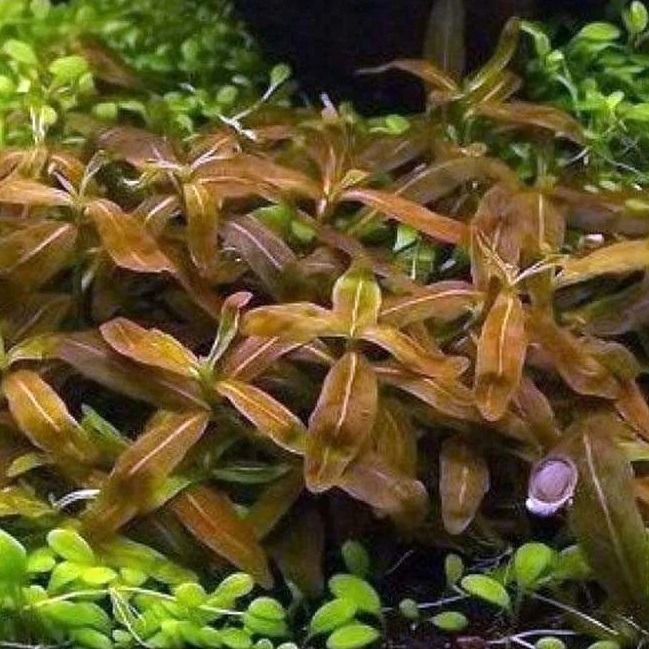Customer Reviews
Testimonials

no words words no words Just want to say it's amazing... @@@@jai shri shyam@@@@ Nikhil Garg, Chandigarh baba6343@gmail.com
Nikhil Garg

I got my products from bunnycart .The packing was good and fishes are alive I'm felt satisfied and happy
AMIT Henry

I ordered 5 plants and a coconut shell they all are in very good condition also packing was very good i like them all and order more
Ritika

Bunnycart is giving the customer an unbeatable service and a very good quality of service . I have placed the order twice and both the time fishes were healthy & hearty .. Not also this they helped me with how to take a good care of my lovely pets .. Thank u bunnycart NEELAM THAKUR Ajmer, Rajasthan ca.neelamthakur@mail.com
NEELAM THAKUR

I must congratulate the team for starting the best ever online delivery system for life fishes. The fishes came well packed all of them very very healthy and their prices are 50% less than the market. It is the best thing that could happen to any aquarium enthusiast and if they can improve the variety in their collection I think there will be no one to beat them in this industry. Dr. Mathew Cherian, Coimbatore dr.mathewcherian@gmail.com
Mathew C

Will definitely purchase again.. Check for the nearest local delivery before placing the order. Amit Dawan, Bangalore
Amit










